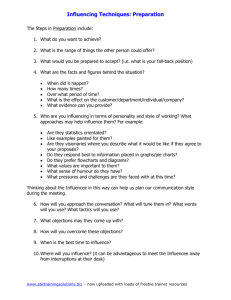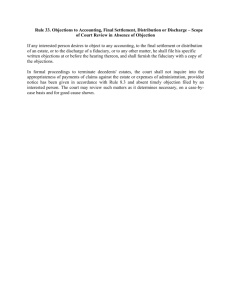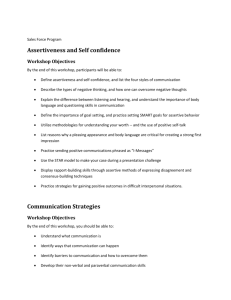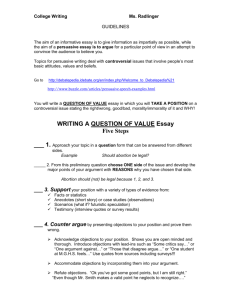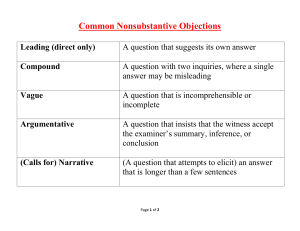Composing an Argumentative Essay
advertisement
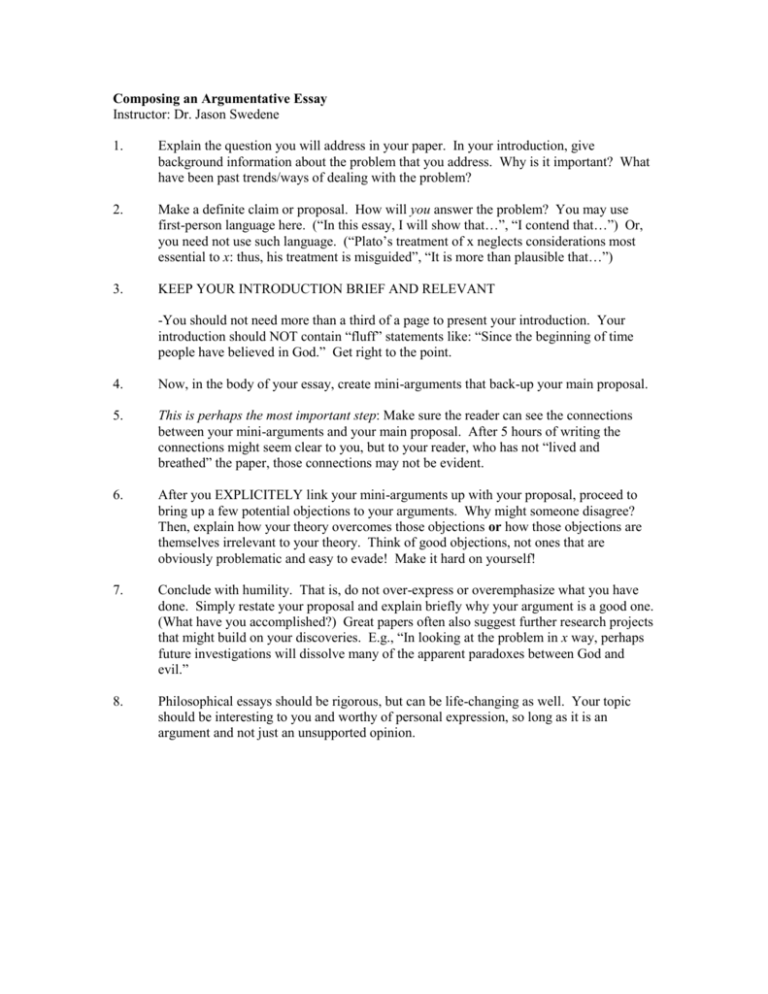
Composing an Argumentative Essay Instructor: Dr. Jason Swedene 1. Explain the question you will address in your paper. In your introduction, give background information about the problem that you address. Why is it important? What have been past trends/ways of dealing with the problem? 2. Make a definite claim or proposal. How will you answer the problem? You may use first-person language here. (“In this essay, I will show that…”, “I contend that…”) Or, you need not use such language. (“Plato’s treatment of x neglects considerations most essential to x: thus, his treatment is misguided”, “It is more than plausible that…”) 3. KEEP YOUR INTRODUCTION BRIEF AND RELEVANT -You should not need more than a third of a page to present your introduction. Your introduction should NOT contain “fluff” statements like: “Since the beginning of time people have believed in God.” Get right to the point. 4. Now, in the body of your essay, create mini-arguments that back-up your main proposal. 5. This is perhaps the most important step: Make sure the reader can see the connections between your mini-arguments and your main proposal. After 5 hours of writing the connections might seem clear to you, but to your reader, who has not “lived and breathed” the paper, those connections may not be evident. 6. After you EXPLICITELY link your mini-arguments up with your proposal, proceed to bring up a few potential objections to your arguments. Why might someone disagree? Then, explain how your theory overcomes those objections or how those objections are themselves irrelevant to your theory. Think of good objections, not ones that are obviously problematic and easy to evade! Make it hard on yourself! 7. Conclude with humility. That is, do not over-express or overemphasize what you have done. Simply restate your proposal and explain briefly why your argument is a good one. (What have you accomplished?) Great papers often also suggest further research projects that might build on your discoveries. E.g., “In looking at the problem in x way, perhaps future investigations will dissolve many of the apparent paradoxes between God and evil.” 8. Philosophical essays should be rigorous, but can be life-changing as well. Your topic should be interesting to you and worthy of personal expression, so long as it is an argument and not just an unsupported opinion.

